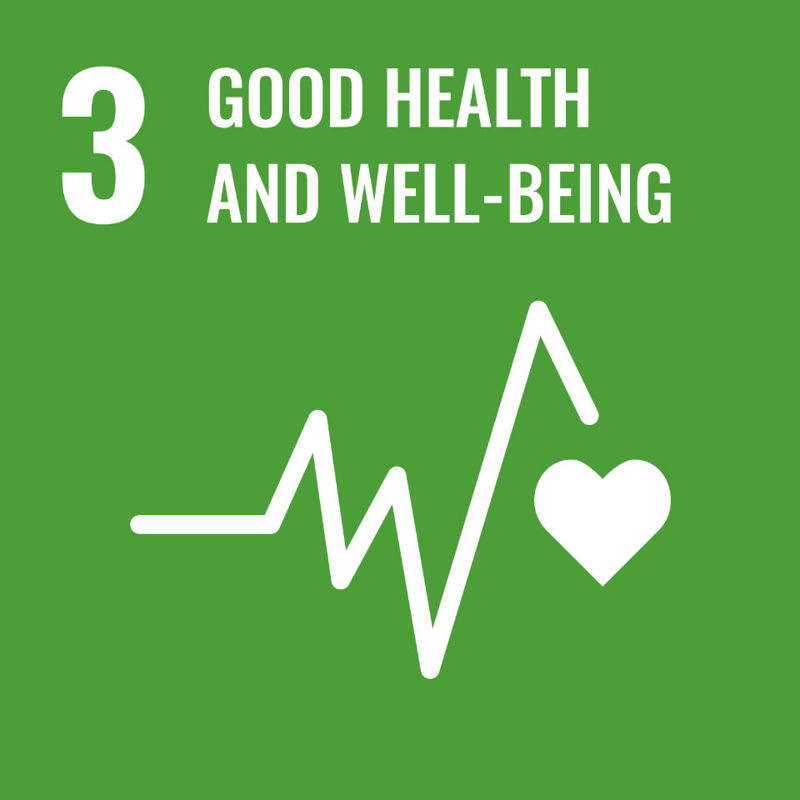The UN’s Sustainable Development Goals (SDG 3): Good health and well-being - the duty and obligation of every company

The United Nation’s third Sustainable Development Goal - Good health and well-being -. They are the duty and obligation of every company.
The United Nations (UN) have agreed on 17 global Sustainable Development Goals (SDGs), to make the world a better place. They should be implemented by 2030. There is not much time left. Therefore, it is of the utmost importance, that all companies actively face up to this responsibility.
Only those companies, that have an influence over the entire chain of production are likely to be able to implement the goals of the SDG 3 (good health and well-being). But each manufacturer can and must work towards reducing child mortality rates and epidemics, drug and alcohol consumption and positively influencing peoples’ mental health and well-being through their work conditions.
Ecological agriculture is the best tool
The aims of the SDG 3, namely to reduce exposure to dangerous chemicals and to pollution in the air, in water and in soil, are especially important to Cotonea. Since 2006, Cotonea has been contributing to the achievement of precisely these goals in its projects through appropriate working conditions and organic agricultural methods.
The village communities of Cotonea’s projects also contribute to reaching the goals of the SDG 3: the cooperatives hold regular training sessions with the farmers to explain the connection between organic agricultural methods and clean ground water and drinking water, and the Fair Trade premium is used to drill safe wells. Last but not least, the village community contributes to reducing the alcohol problem.
And the IVN BEST certification ensures that the farmers who grow organic cotton and also plants and fruit for their own consumption are not exposed to any additional burdens. This also applies to the workers in the processing and other production stages and, of course, to the end consumers.
Ecological cultivation works without the use of pesticides, artificial fertiliser or seeds that have possibly been genetically engineered. The ground is rich in humus, “healthy” and permeated with ‘good’ bacteria. It contains natural minerals and nutrients that are essential for plants and at the same time forms the habitat for a wide variety of soil organisms. Plants require loose, not compacted, soil in order to grow. This type of soil stays “healthy” and is not lost due to erosion.
In this way, Cotonea has been able to make a beneficial contribution to providing the local people with food for more than 15 years.
Cotonea’s contribution
Cotonea's contributions to securing the United Nation’s third Sustainable Development Goal (good health and well-being) in developing countries and also in Europe are:
- No health risks from pesticides whilst maintaining long term soil fertility through organic farming.
- Food grown for the farmers' own consumption also meets organic standards and is therefore natural and without health hazards.
- Establishment of Village Savings and Loan Associations (VSLA = The village community manages and distributes village savings and loans). This also reduces the alcohol problem.
- The Fair Trade premium is used to build wells.
- Farmers are educated about the importance and the connection between organic farming and clean drinking water.
- Farmer cooperatives can use the Fair Trade premium to secure health care (also in hospitals e.g. for childbirth).
- There is no health risk from harmful chemicals for any workers involved in the production of textiles.
- Cotonea textiles do not contain any harmful chemicals, therefore there is no health risk for consumers either.